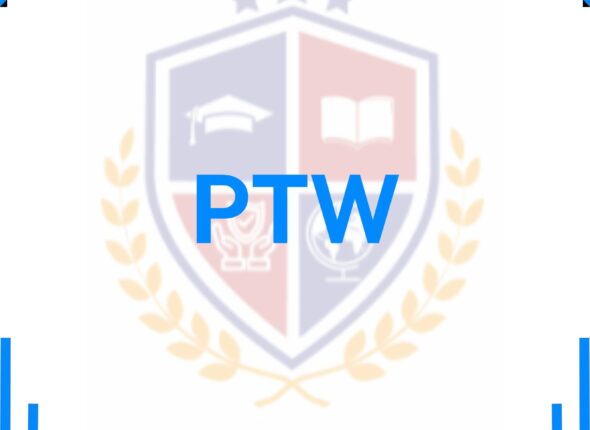- Description
- Curriculum
- FAQ
- Notice
At Inspire Safety Engineering Institute, we are committed to promoting food hygiene and safety excellence. Our Food Safety Level 02 course is designed for food handlers, kitchen staff, and supervisors who play a crucial role in maintaining food safety within their organizations. This training ensures that individuals working in catering, hospitality, food production, and retail sectors understand and implement best practices for food handling, storage, and preparation.
Course Overview
In today’s fast-paced food industry, preventing contamination and ensuring compliance with food safety regulations are essential. This course empowers participants with the fundamental skills and knowledge required to maintain high food safety standards and protect public health.
Course Outline
✔ Introduction to Food Safety & Hygiene
✔ Food Contamination & Prevention Strategies
✔ Personal Hygiene & Food Handling Procedures
✔ Storage & Temperature Control of Food
✔ Cleaning & Sanitation Practices
✔ Pest Control & Waste Management
✔ Legal Requirements & Compliance with Food Safety Regulations
✔ Food Safety Management Systems (HACCP Basics)
Examination Style
✅ Objective-Based Online Exam
✅ Duration: 1–2 hours
✅ Passing Criteria: Minimum 70% score
Certification
Internationally Recognized Certification from:
✅ ICTQual AB UK
✅ AOSH UK
✅ OSHWARD UK
Who Should Attend?
✅ Food Handlers & Kitchen Staff
✅ Catering & Hospitality Industry Workers
✅ Restaurant & Hotel Employees
✅ Food Retail Workers
✅ Supervisors & Team Leaders in Food Businesses
✅ Anyone Looking to Build a Career in the Food Industry
Professional Growth & Career Benefits
✔ Ensures compliance with food safety regulations
✔ Reduces the risk of foodborne illnesses & contamination
✔ Improves workplace hygiene & safety practices
✔ Enhances career prospects in the food & hospitality industry
✔ Builds credibility & trust with customers
1. Feature Alert!
Explore Our Latest Additions – Unleash Enhanced Functionality Today
2. Maintenance Notice
Scheduled Downtime on [Date]. Thanks for Your Patience.
3. Upcoming Event!
Join Us for [Event Name]. Save the Date and Get Ready for an Exciting Experience!



